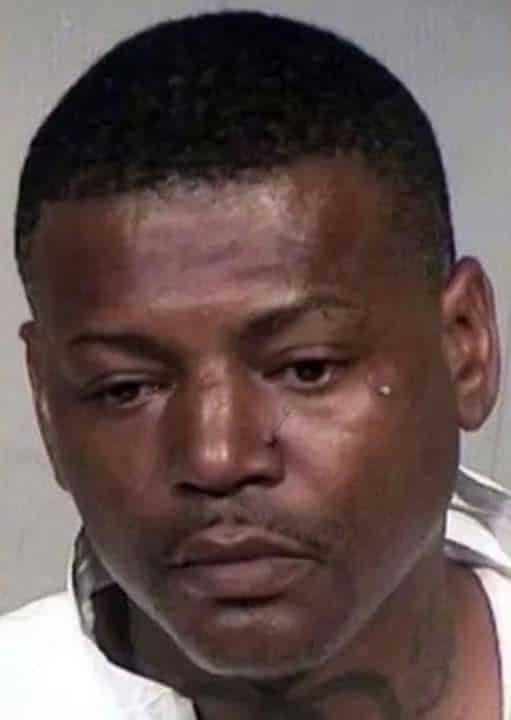An Arizona father has been charged with second-degree murder following the death of a man who allegedly attempted to enter his daughter’s locked bathroom stall.

The incident occurred on August 2, 2018, at a QuikTrip convenience store. Melvin Harris III, 40, was waiting in the parking lot to pick up his 16-year-old daughter and her friends when he was approached by a man, later identified as Leon Leevon Armstrong, who asked for money. Harris gave him some change, and Armstrong entered the store.
Shortly after, Harris’s daughter informed him that a man had tried to force his way into her bathroom stall by violently shaking the door. She reported the incident to store employees, who alerted the security guard. Upon exiting the store, she identified Armstrong as the perpetrator.
Concerned for his daughter’s safety, Harris confronted the security guard, insisting that the situation be addressed. He reportedly told the guard to “take care of the situation, or he would do it himself.” Despite assurances that it would be handled, Harris approached Armstrong outside the store. Witnesses stated that Harris punched Armstrong, causing him to fall, and then continued to punch and kick him while he was on the ground.
Armstrong was transported to a hospital, suffering from brain swelling and a nasal fracture. He remained unconscious and died on August 7, 2018.
Harris was arrested at his home and initially charged with aggravated assault. Following Armstrong’s death, the charge was elevated to second-degree murder. Harris admitted to striking Armstrong but claimed he acted in self-defense after Armstrong swung at him first. He denied continuing the assault once Armstrong was on the ground.
Harris’s fiancée, Diana Jackson, defended his actions, stating, “He did what he was supposed to do for our kid. You cannot tell someone they’re wrong for protecting their children.” She expressed sympathy for Armstrong’s death but maintained that Harris intended to protect their daughter.
Armstrong had a criminal history, including charges of shoplifting, trespassing, and obstructing justice. The case has sparked debate over the extent to which individuals can go to protect their loved ones and the legal implications of taking matters into one’s own hands.
